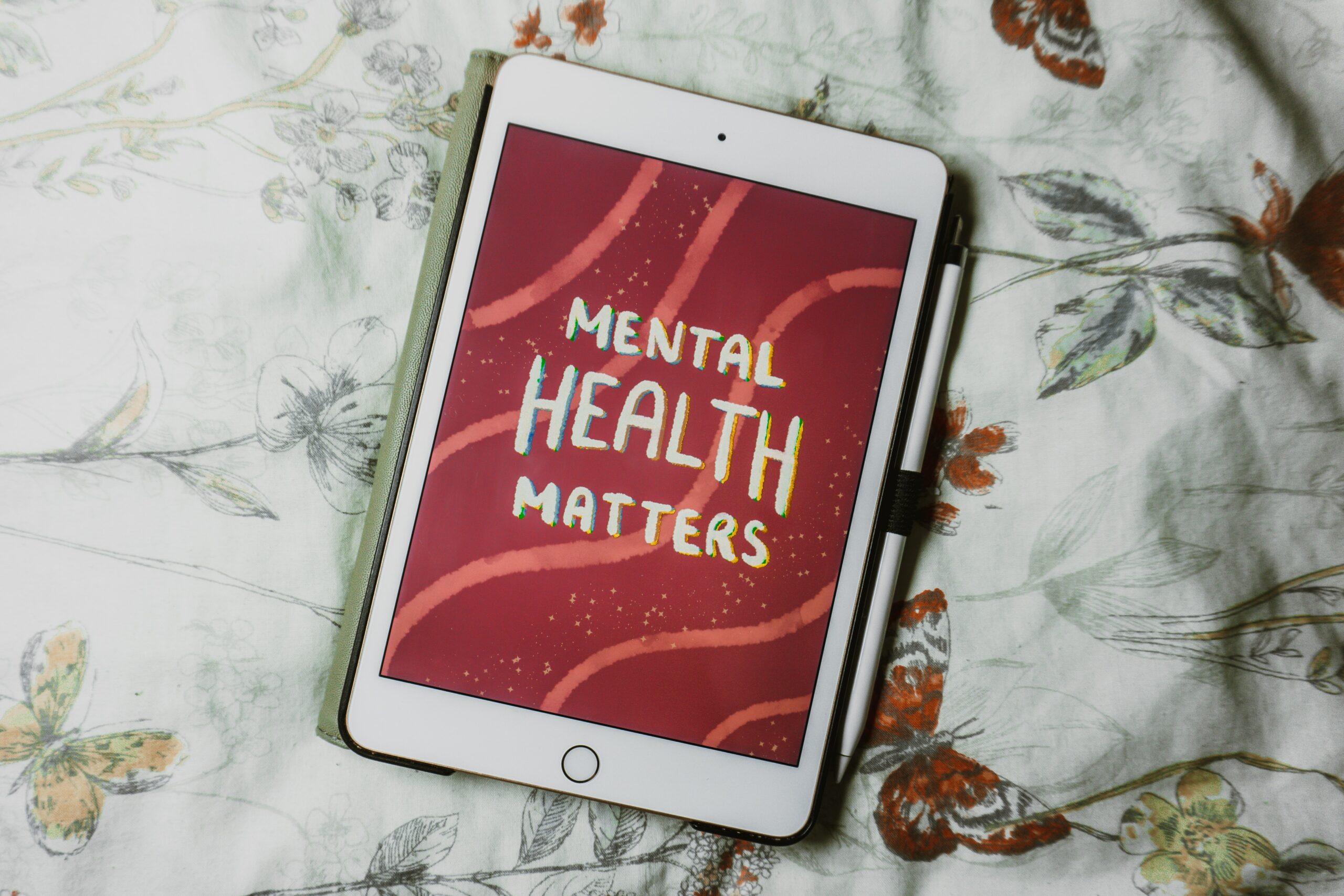When we think about healthy habits, we often think about eating healthy foods, exercising, and getting plenty of sleep. After all, that’s why so many of us make resolutions that focus on developing these habits. ‘I will start exercising, drink more water, and eat healthier!’ we say.
3 powerful habits to improve mental health (that are also easy to implement) are journaling, conscious breathing, and learning how to not take things personally.
Just as we focus on forming healthy habits that will improve our physical health, we also need to focus on habits that will help improve our mental health. One unhealthy meal, just like one negative thought, will not create imbalance. However, if day after day we indulge in unhealthy behaviors – the effects will be felt long term.
The simple things that can improve our mental wellbeing are easy to do, but they’re just as easy not to do. Therefore, consistency is key! Read below to learn the 3 habits that can help improve your mental health.
1. Journaling
Putting pen to paper has many benefits for our mental health. From helping us organize our thoughts and reflect on our days, it is also an effective way to regulate our emotions and release worries and anxieties.
Journaling is a way to develop a relationship with our own minds. What do we think, what do we feel, what might be the source of our distressing thoughts and feelings?
In 2017, a research study investigated the effects of journaling. Journaling was found to help reduce burnout, increase compassion, and help people understand their feelings.
One participant said: “It helped to have a place to pour out thoughts or ‘rant’ by writing rather than getting the urge to do it out loud when it is not always appropriate, and instead of feeding negative energy to others, keep it to myself but still have an outlet to let it out, instead of letting it build up inside.”
Get a notebook, a pen, and explore this practice. Whether it is writing for 5 or 15 minutes daily, allow yourself to release all the pent-up thoughts and feelings that might be bothering you onto the paper. Take away your filter and pour it all onto the page.
2. 5 Conscious Breaths
We all lead busy lives with jobs, studies, families, and hobbies. Amidst this busyness, running on autopilot is almost second nature. Therefore, we may easily get lost in our tasks and become disconnected from our bodies and breath.
How do you feel? Is there anything you need at this moment to feel even 1% better? Taking one minute for some slow, conscious breathing can help us check in with ourselves.
It takes us out of autopilot and invites us to bring more mindfulness into our day.
Throughout the day, find moments to pause and take 5 deep, slow breaths. You can use the 5-5-5 rules.
- Inhale slowly through your nose for 5 counts
- Exhale slowly through your mouth for 5 counts
- Wait for 5 counts
Repeat 5 times.
Our breath is tied to our stress response. When we become stressed, our breathing becomes quick and shallow. If we are lost in our daily responsibilities, we might not even notice that we feel stressed.
Find a moment throughout your day to incorporate this mindfulness habit that will calm your nervous system and help release the tension in your mind and body.

3. Don’t Take Anything Personally
In his book ‘The Four Agreements,’ Don Miguel Ruiz shares a golden rule that can help ease the tension and conflict that we might feel in our minds.
As human beings, we naturally are self-focused: what happens in the outside world, we tend to reflect on ourselves. Often, we are masters at taking things personally. As we go through the course of the day and face many different situations and interactions with people, our minds can quickly become offended and hurt.
If a family member shares an opinion we disagree with, we might take it personally and get defensive. If a team member disagrees with our idea, we might feel upset.
We forget to see that these things have nothing to do with us! Other people’s opinions are not a reflection of us, the same way that a team member’s disagreement on an idea is just a difference of perspective.
“When you make it a strong habit not to take anything personally,” Don Miguel Ruiz writes, “you avoid many upsets in your life.”
Whether it’s writing it on a post-it or setting an alarm on your phone, remind yourself not to take things personally. You will be surprised at how much freer and lighter your mind will feel.
Try these habits yourself
It’s one thing to read about habit that can help you – it’s another thing to actually do them! Pick one habit and try it out for the next 7 days. See how it feels & if you’re seeing any improvement.
Then, pick the next one, and try it out again! At the end of 3 weeks you can re-evaluate and see if there’s one habit from the list you’d like to incorporate into jour routine more permanently!
P.s. you might enjoy my journaling class that will help you learn more about yourself. This article might also be just up your alley!
